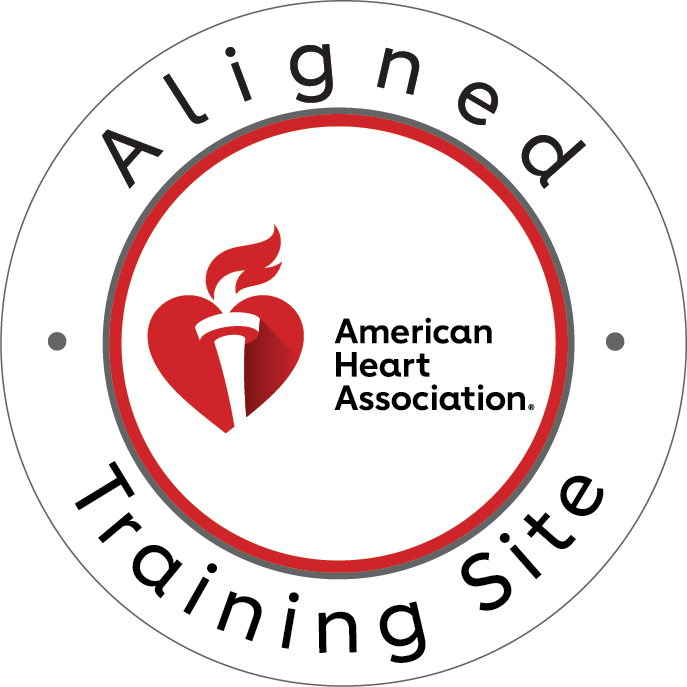Why Nursing students should be trained in BLS CPR, as they may be called upon to administer these life-saving skills.

Introduction
As a student nurse, one never knows what will happen. The unexpected occurs each and every day in the field of nursing. Working on the ambulance as a student paramedic, I became accustomed to administering CPR to patients who were not breathing and/or had no pulse. While working as a student nurse in the ICU, I came across a "code" situation where I was required to administer CPR to a patient who was not breathing and/or had no pulse. In both situations, I utilized my training as a student paramedic (and later after graduation, a Paramedic), but this does not seem to be the case for other students who have little or no experience with administering CPR.
As a student nurse, one never knows what will happen. The unexpected occurs each and every day in the field of nursing. Working on the ambulance as a student paramedic, I became accustomed to administering CPR to patients who were not breathing and/or had no pulse. While working as a student nurse in the ICU, I came across a "code" situation where I was required to administer CPR to a patient who was not breathing and/or had no pulse.
As a student nurse, one never knows what will happen. The unexpected occurs each and every day in the field of nursing. Working on the ambulance as a student paramedic, I became accustomed to administering CPR to patients who were not breathing and/or had no pulse. While working as a student nurse in the ICU, I came across a "code" situation where I was required to administer CPR to a patient who was not breathing and/or had no pulse.
It is important for all nurses regardless of their level of education or experience to be prepared for this type of situation because it can occur at any time without warning. If you have been trained in BLS CPR then you will be able to save your patient's life if something like this happens while they are under your care!
In both situations, I utilized my training as a student paramedic (and later after graduation, a Paramedic), but this does not seem to be the case for other students who have little or no experience with administering CPR.
It is my opinion that all nurses should be trained in CPR. As a student paramedic and later, as a Paramedic, I was able to utilize my BLS certification to save lives. However, this does not seem to be the case for other students who have little or no experience with administering CPR. In both situations, I utilized my training as a student paramedic (and later after graduation, a Paramedic), but this does not seem to be the case for other students who have little or no experience with administering CPR.
In both situations, I utilized my training as a student paramedic (and later after graduation, a Paramedic), but this does not seem to be the case for other students who have little or no experience with administering CPR.
Being trained in Basic Life Support (BLS) can give students an advantage when it comes to shocking or chest-compressing a patient in distress.
Being trained in Basic Life Support (BLS) can give students an advantage when it comes to shocking or chest-compressing a patient in distress. Being able to administer BLS independently will not only help them save lives, but also give them the confidence needed to make quick decisions that could save lives as well.
Being trained is beneficial for any nursing student and will increase their chances of passing their certification exams on the first try because they will know what they're doing when faced with an emergency situation involving life-saving measures.
BLS training is important for all healthcare professionals because they may be called upon at any time to initiate BLS Skills at any given moment.
BLS training is important for all healthcare professionals because they may be called upon at any time to initiate BLS Skills at any given moment.
It is also vital that these skills are performed accurately, consistently and rapidly in order to maximize the chance of survival for the patient.
Sometimes a patient stops breathing and/or has no pulse, and you are the only one who can help them in their time of need. You must know how to perform CPR in order to save lives!
You must know how to perform CPR in order to save lives!
Let's start with the basics: sometimes a patient stops breathing and/or has no pulse, and you are the only one who can help them in their time of need. You must know how to perform CPR in order to save lives!
There are two methods of administering CPR: mouth-to-mouth or mouth-to-nose (breathing into the mouth) and chest compressions (pressing on the chest). When performing CPR on someone who is not breathing or has no pulse, use both methods simultaneously until help arrives.
If you find yourself needing administer these life-saving skills, remember these steps:
- Check for responsiveness by gently shaking their shoulders and asking if they can hear your voice; if they don't respond at all or make any movement whatsoever after being shaken awake from sleep, then proceed directly onto step 2 below; otherwise continue reading further down this page
Nursing students should be trained in BLS CPR, as they may be called upon to administer these life-saving skills
BLS CPR, or cardiopulmonary resuscitation, is a skill that should be learned by all healthcare professionals. It is a skill that should be learned by nursing students who are interested in working in the field of healthcare. In fact, it is recommended that nursing students obtain both their BLS and ACLS certifications before they graduate from their nursing programs.
That being said, there are many reasons why BLS training should be included as part of your curriculum as you prepare to become an RN:
Conclusion
I feel that nursing students should be trained in CPR, since they may be called upon at any moment to administer BLS skills. This was the case for me on a number of occasions during my time as a student nurse in the ICU and on an ambulance. Being able to perform CPR can save lives, and when someone stops breathing or has no pulse, you must know how to perform it in order to help them!




